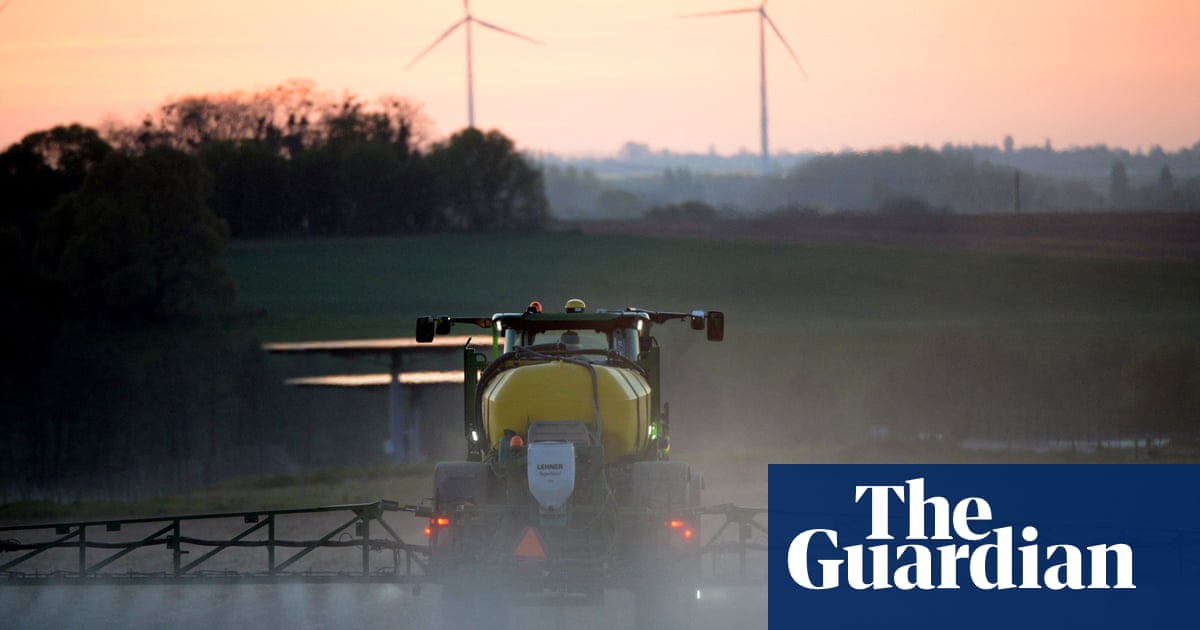- cross-posted to:
- theguardian@rss.ponder.cat
- cross-posted to:
- theguardian@rss.ponder.cat
Scientists have identified a glyphosate-resistant weed on a farm in the UK for the first time, raising concerns about the controversial herbicide.
Scientists at the agricultural consultancy ADAS, said that, after reports from agronomists and screening of seed samples from a farm in Kent, they had confirmed glyphosate resistance in Italian ryegrass, an annual grass weed that particularly affects wheat fields in the UK. This is the first time glyphosate resistance in weeds has been detected in the UK.
Glyphosate is the world’s most intensively used herbicide. In the UK, it is used to prepare fields for sowing crops by clearing all vegetation from the land. It kills weeds by inhibiting EPSP synthase, an enzyme involved in plant growth, while not damaging crops that have been genetically modified to be glyphosate-tolerant.
was only a matter of time. now they will make something even more dangerous to compensate
“Introducing cancer+, its twice as deadly to EVERYTHING!”
I am sure you have sources that glyphosate is a carcinogen?
The International Agency for Research on Cancer (IARC) considers it “probably carcinogenic to humans,” while the U.S. Environmental Protection Agency (EPA) states it is “not likely to be carcinogenic to humans.”
So I guess it depends on who you trust.
The EU also found it to be non-carcinogenic and generally all studies that look at it specially. Those that look at mixtures, so with other stuff, found evidence for cancer formation. So better focus on the other ingredients.




